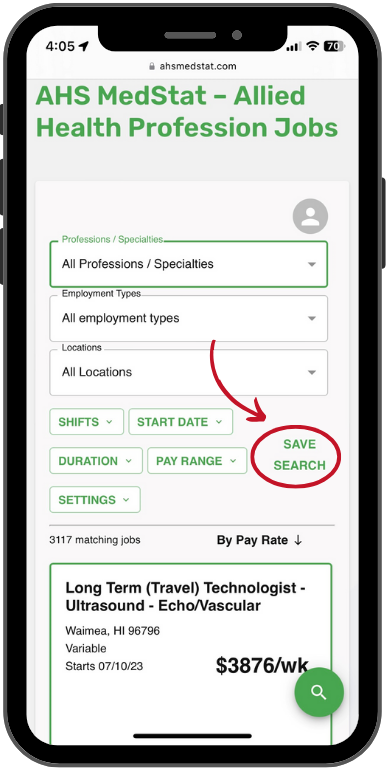Travel Nursing Jobs: Understanding Compact Licensure
Most travel nurses have heard the term “compact state”. While the concept of a “compact state” seems straight forward, there are a few circumstances that exist which all travel nurses should be fully aware of.
Let’s begin with the basics and then drill down to the common circumstances that are sometimes misunderstood or unknown.
What is Nurse Licensure Compact? The general definition is a mutual recognition model which allows a nurse to have one nursing license in his/her state of residency which permits practice in reciprocal states, subject to each state’s practice law and regulation. Nurse licensure Compact began with four states in 2000 and has now grown to 22 participating states. By July 2008, a 23rd state is scheduled to join. The participating states are:
Arizona●Arkansas●Colorado●Delaware●Idaho●Iowa●Kentucky●Maine●Maryland●Mississippi●Nebraska●New Hampshire●New Mexico●North Carolina●SouthCarolina●SouthDakota●Tennessee●Texas●Utah●Virginia●Wisconsin
●Rhode Island is due to implement in July 2008.
How does Nursing Licensure Compact affect travel nursing?
Nursing Licensure Compact allows a nurse to hold one nursing license and have the ability to work in all participating states (currently 22) under that one license. However, for a nurse to have multi-state practicing privileges, the nurse must reside in a compact state and hold a nursing license in that primary state. For example: Jane Doe, RN lives in Colorado. Colorado is her permanent residence. Jane Doe has declared Colorado as her home state. If need be, Jane can provide proof that Colorado is her home state with a livable address, driver’s license etc. Because Jane is a resident of a compact state, she can practice with her Colorado nursing license in any one of the compact states. This is considered multi-state practicing privileges.
If a nurse does not reside in a compact state, then multi-state privileges will not be allowed, without a separate license for each state. For example: Irma Noncompact, RN lives in Michigan, which is a state that does not participate in the Nurse Licensure Compact. Irma, desires a temporary assignment in North Carolina so she must apply for and receive a North Carolina nursing license. We know that North Carolina is state that has implemented Nurse Licensure Compact. However, because Irma is not a primary resident in a compact state, her North Carolina license is good only in North Carolina. In other words, Irma can not practice in other compact states outside of North Carolina using her North Carolina license.
If a nurse permanently moves from one compact state to another, a license change must take place within 30 days. For example: Shelly Mover, RN lives in Maine which is a compact state. She moves from Maine to Texas, another compact state. Shelly has 30 days to obtain a Texas nursing license. Texas is now her declared primary state. In other words, nurses residing in compact states must declare one state as their primary residence and hold a license in that state. This is substantiated by proof of a livable address, driver’s license. Etc.
Please do not confuse having a permanent residence within a compact state the same as having a tax home. These are two separate issues that are often confused. If you would like further information on Tax Homes vs. Permanent Residence please feel free to request our free report at: http://www.expedientmedstaff.com/
Please remember to research and follow every state’s practice laws and regulations. Never overlook or take for granted the sometimes subtle variances in practice laws among the states.

